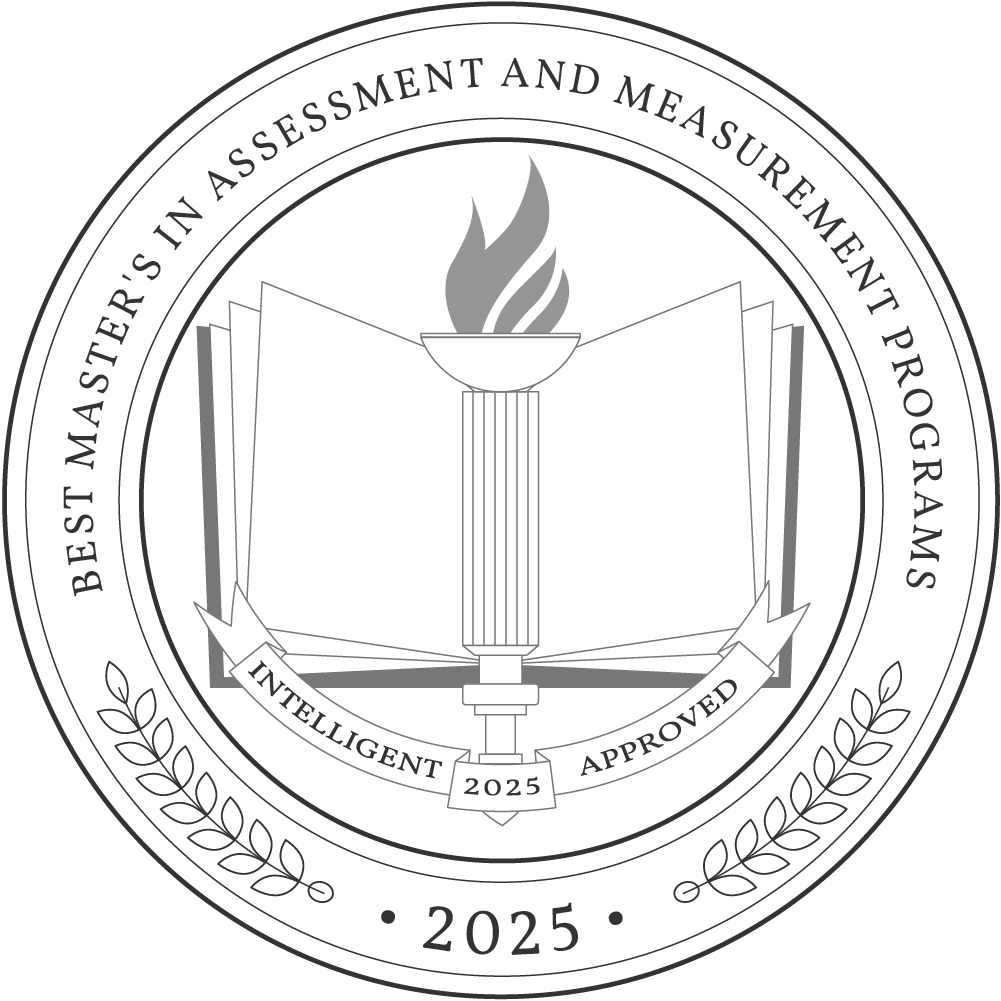Assessment and measurement postgraduate programs combine education and statistics to prepare students for research positions in school districts, testing organizations, certification boards, and healthcare organizations. These positions range from instructional coordinators, who earned an average salary of $66,490 (as of 2022), to data scientists, who earned an average annual wage of $103,500.
Tuition and fees for a master’s degree in assessment and measurement cost $20,513 in 2023, and many students earn these degrees before pursuing a Doctorate in Education degree (Ed.D.).
Why Trust Us
The Intelligent.com Higher Education Team is dedicated to providing students with independent, equitable school and program rankings and well-researched resources. Our expert-driven articles cover topics related to online colleges and programs, paying for school, and career outlooks. We use data from the U.S. Department of Education’s College Scorecard, the National Center for Education Statistics, and other reputable educational and professional organizations. Our academic advisory team reviews content and verifies accuracy throughout the year for the most current information. Partnerships do not influence rankings or editorial decisions.
- Analyzed over 2,000 national, accredited, and nonprofit colleges and universities
- 800+ rankings pages are reviewed and updated yearly
- Content is informed by reputable sources, surveys, and interviews with academic advisors and other experts
- Over 100 data points are reviewed for accuracy and quality throughout the year, including sources
How we rank schools
Our list features the best Assessment And Measurement degree programs at top colleges nationwide. Each school featured is a nonprofit, accredited institution — either public or private — with a high standard of academic quality for post-secondary institutions.
We evaluated each school’s program on tuition costs, admission, retention and graduation rates, faculty, reputation, and the student resources provided for online students. We collected data from trusted sources like the National Center for Education Statistics, individual school and program websites, school admissions counselors, and other data sources. Then, we calculated the Intelligent Score on a scale of 0 to 100 based on the following criterion:
Academic Quality:
- Admission rate versus enrollment rate
- Retention rate of students who return after year one
- Accreditation status (regional and programmatic)
- Nonprofit status, both private and public institutions
Graduation Rate
- Overall graduation rate
- Total number of currently enrolled students, including diversity metrics
- Student-to-faculty ratio
Cost and ROI
- In-state and out-of-state per-credit tuition rates and fees
- Required credits to graduate
- Earning potential after graduation
- Availability of federal student loans, scholarships, and other financial aid options
Student Resources
- Available student services for online-only and hybrid programs
- On-campus amenities like tutoring centers and the number of libraries
Read more about our ranking methodology.
Best 13 Accredited Assessment and Measurement Degree Programs
FiltersInstitution Type
Status
- Intelligent Score
- Alphabetically By University Name
- Acceptance Rate
- Enrollment
- In-state Graduate Tuition
- Out-of-state Graduate Tuition
- In-state Undergraduate Tuition
- Out-of-state Undergraduate Tuition

University of Illinois at Urbana - Champaign
Intelligent Score: 99.27In-state: $14,317
Out-of-state: $33,824
In-state: $15,016
Out-of-state: $15,016
SAT: 1200-1460
ACT: 27-33
In-State: $520
Out-of-State: $1,124
On-Campus
Higher Learning Commission
34-40
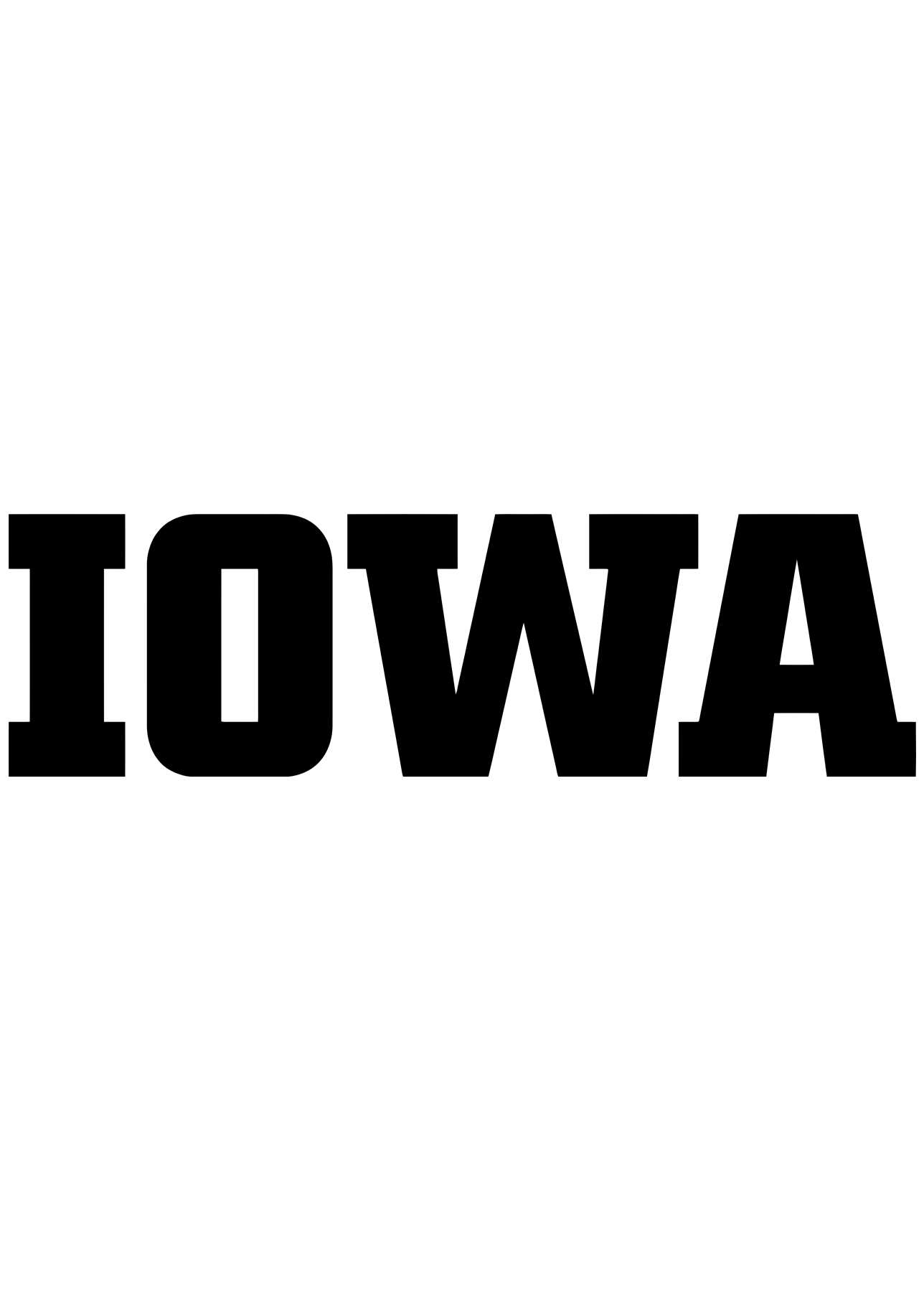
University of Iowa
Intelligent Score: 97.69In-state: $8,073
Out-of-state: $30,036
In-state: $10,079
Out-of-state: $10,079
SAT: 1110-1310
ACT: 22-29
$738
On-Campus
Higher Learning Commission
30

The Ohio State University
Intelligent Score: 97.01In-state: $10,615
Out-of-state: $32,599
In-state: $11,560
Out-of-state: $11,560
SAT: 1210-1430
ACT: 26-32
$782
On-Campus
Higher Learning Commission
31-34
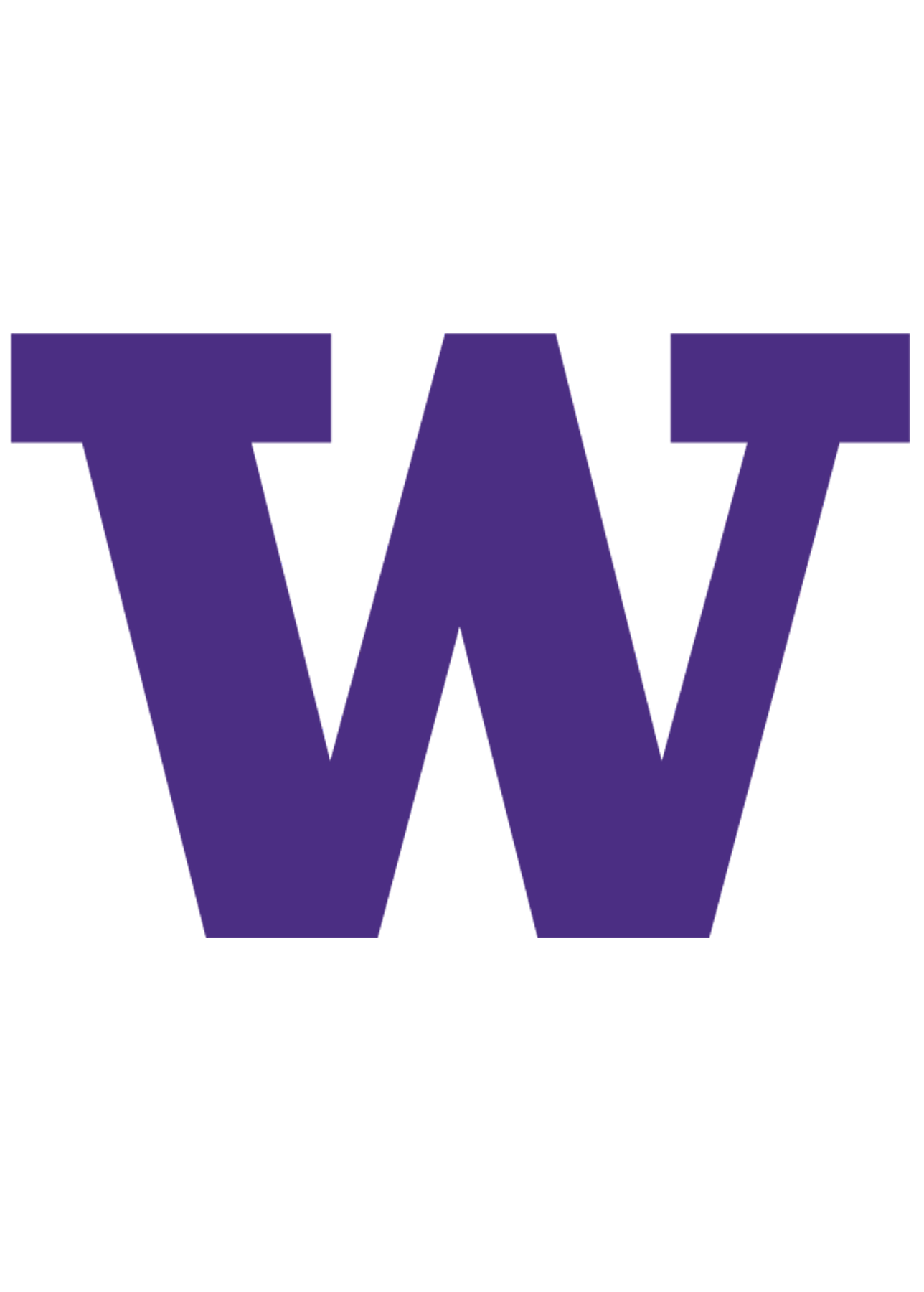
University of Washington College of Education
Intelligent Score: 96.43In-state: $10,629
Out-of-state: $37,998
In-state: $16,278
Out-of-state: $16,278
SAT: 1200-1453
ACT: 27-33
In-State: $432
Out-of-State: $767
On-Campus
Northwest Commission on Colleges and Universities
45

GW Graduate School of Education and Human Development
Intelligent Score: 94.23In-state: $55,961
Out-of-state: $55,961
In-state: $31,770
Out-of-state: $31,770
SAT: 1270-1450
ACT: 30-33
$1,950
On-Campus
Middle States Commission on Higher Education
30

Western Michigan University
Intelligent Score: 93.53In-state: $12,094
Out-of-state: $15,118
In-state: $16,360
Out-of-state: $16,360
SAT: 1010-1220
ACT: 20-27
In-State: $764
Out-of-State: $1,147
On-Campus, Online, Hybrid
Higher Learning Commission
36
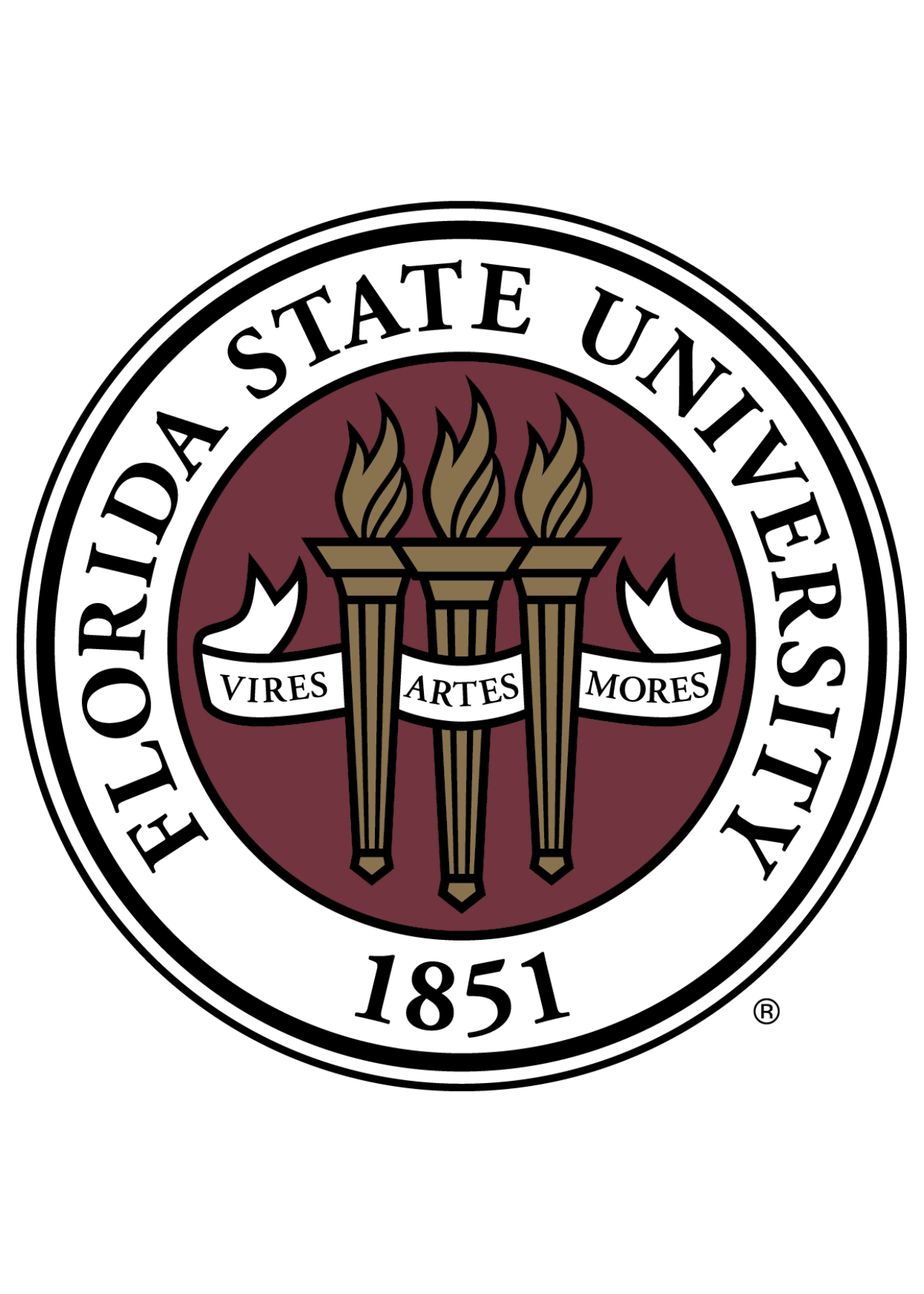
Florida State University
Intelligent Score: 92.73In-state: $4,640
Out-of-state: $19,084
In-state: $9,684
Out-of-state: $9,684
SAT: 1220-1350
ACT: 27-31
In-State: $479
Out-of-State: $1,110
On-Campus, Online
Southern Association of Colleges and Schools Commission on Colleges
30-32

University of Maryland
Intelligent Score: 91.98In-state: $8,824
Out-of-state: $34,936
In-state: $13,158
Out-of-state: $13,158
SAT: 1270-1480
ACT: 30-34
In-State: $828
Out-of-State: $1,805
On-Campus
Middle States Commission on Higher Education
30

UNC Greensboro
Intelligent Score: 90.29In-state: $7,019
Out-of-state: $34,198
In-state: $10,552
Out-of-state: $10,552
SAT: 1280-1490
ACT: 28-33
In-State: $298
Out-of-State: $1,116
On-Campus
Southern Association of Colleges and Schools Commission on Colleges
33
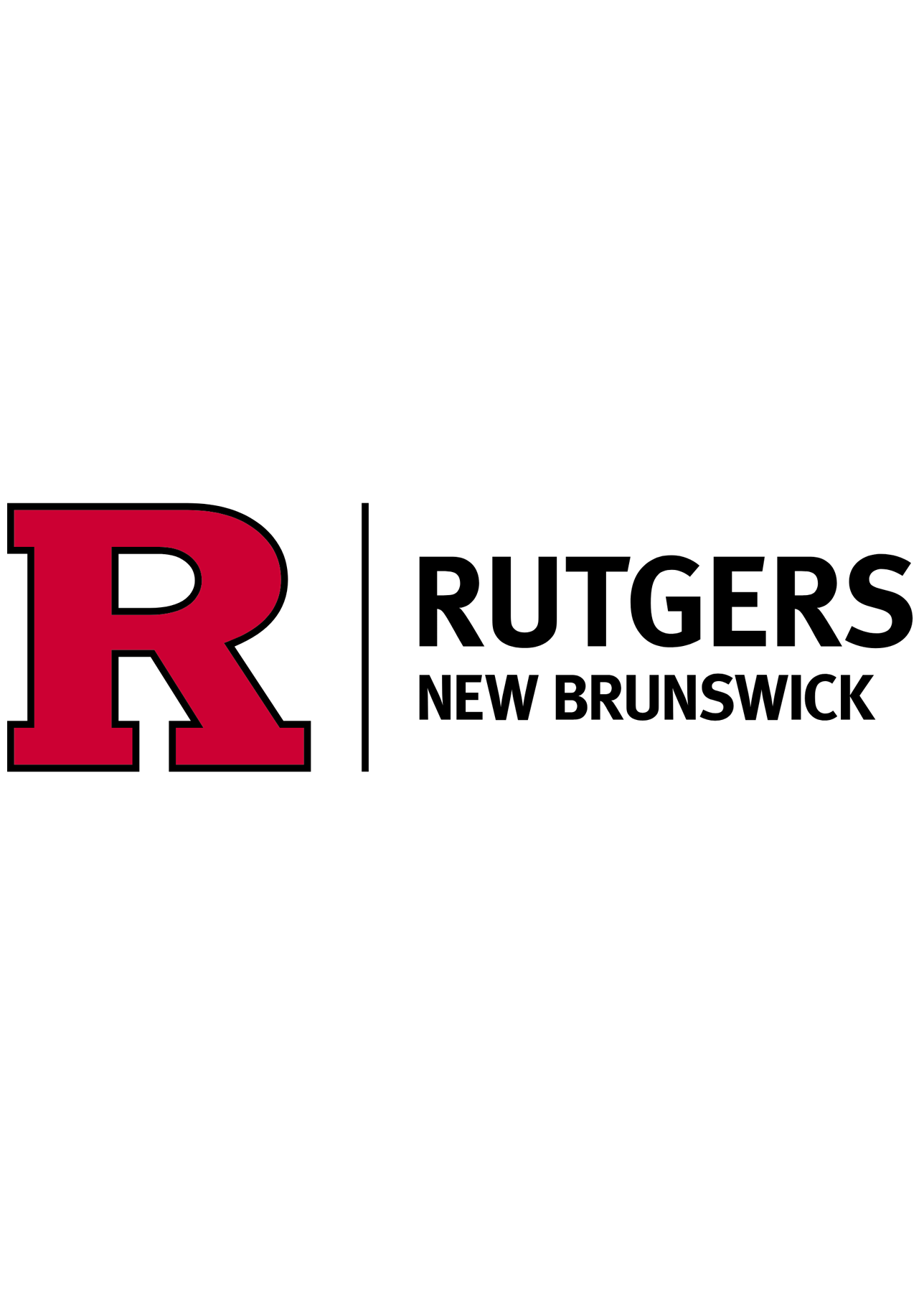
Rutgers University - New Brunswick
Intelligent Score: 89.9In-state: $12,230
Out-of-state: $29,012
In-state: $17,736
Out-of-state: $17,736
SAT: 1180-1410
ACT: 25-32
In-State: $826
Out-of-State: $1,405
On-Campus
Middle States Commission on Higher Education
33
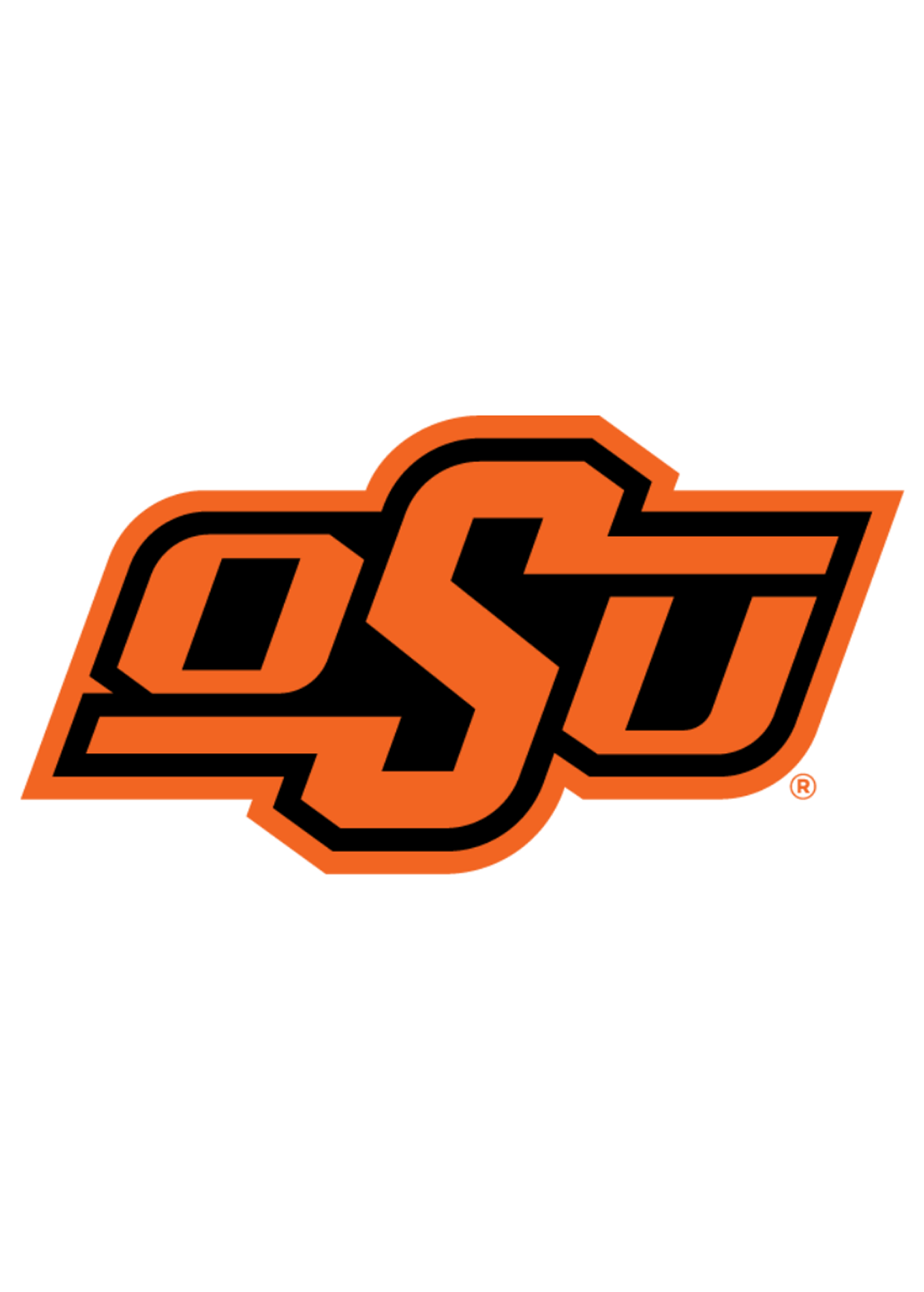
Oklahoma State University
Intelligent Score: 89.42In-state: $5,357
Out-of-state: $20,877
In-state: $5,531
Out-of-state: $5,531
SAT: 1020-1250
ACT: 21-28
In-State: $233
Out-of-State: $879
On-Campus
Higher Learning Commission
36

Teachers College at Columbia University
Intelligent Score: 88.22In-state: $57,864
Out-of-state: $57,864
In-state: $49,024
Out-of-state: $49,024
SAT: 1460-1570
ACT: 33-35
$1,970
On-Campus
Higher Learning Commission
60

University of Wisconsin - Milwaukee
Intelligent Score: 86.89In-state: $9,273
Out-of-state: $37,161
In-state: $10,728
Out-of-state: $10,728
SAT: 1260-1460
ACT: 27-32
In-State: $766
Out-of-State: $1,606
On-Campus
Higher Learning Commission
30
How to Choose an Assessment and Measurement Degree Program
Choose your area of study
The most common type of master’s degree in assessment and measurement is a Master of Education (MEd). Students use these degrees to deepen their knowledge of instruction, assessment, and educational research. If they go on to become teachers, or if they are teachers earning a second degree, they can apply what they learn in an assessment and measurement program to their class instruction or district curriculum.
MEd degrees in assessment and measurement include:
- MEd in educational research methodology
- MEd in educational research and measurement
- MEd in evaluation, assessment, research, and learning
- MEd in measurement, evaluation, statistics, and assessment
- MEd in evaluation and measurement
When students earn their master’s degrees in assessment and measurement from other colleges, including colleges of arts or science, their career goals may be outside education. Postgraduate degrees in assessment and measurement from colleges of arts focus more on psychological development and humanities-based research methods, while degrees from colleges of science focus on technical training and math-based data analysis.
If that sounds more like your desired career and coursework path, consider degrees like:
- Master of Arts in evaluation, measurement, and research
- Master of Science in research, evaluation, measurement, and statistics
- Master of Science in measurement and evaluation
- Master of Science in educational research and evaluation
- Master of Science in education
Research schools and programs
The institution and program you choose should be accredited by reputable accreditation agencies. Institutional accreditation agencies like the Middle States Commission on Higher Education regularly ensure that institutions offer students a high-quality, rigorous education. Programmatic accreditation agencies like the Council for Accreditation of Educator Preparation assess education programs for their adherence to educational and professional standards.
After you’ve made a list of accredited schools and programs, consider your own needs. Are you willing to travel to a new area, or would you rather finish your postgraduate degree locally? Would you prefer to finish your degree in a full-time setting, or will you need a more flexible program that allows you to work part-time? Visit your prospective school to ask these questions and to address other concerns on a school tour.
Prepare for tests and applications
Entrance requirements for an assessment and measurement program will likely include:
- Letters of recommendation from professors or employers
- A letter of intent (or application cover letter)
- Sealed transcripts from your bachelor’s program
- A minimum college GPA
- Test scores from the Graduate Record Examination (GRE) or Graduate Management Admission Test (GMAT)
Gather these items as soon as possible, and take the GRE or GMAT as soon as possible — just in case you need time to retake it. Check with your future school about their admissions requirements, deadlines, and early acceptance opportunities.
Schools of education may have additional requirements, such as prerequisites in undergraduate education classes and anywhere from 20 to 100 hours of classroom observation (depending on the program). Speak to a program representative who can give you an accurate view of what you’ll need in your application package.
Select your program
Most assessment and measurement programs are available through an institution’s school of education. Research the department’s education program, contact graduates or professors, and read through any updated syllabi you find for the courses offered. Choose the program with the school of education that matches your own educational philosophy, while still providing an academic challenge.
Determine how you’ll pay for your degree
While researching costs for a postgraduate degree, start with the Free Application for Federal Student Aid (FAFSA) form — no matter your financial situation. The FAFSA form will show whether you qualify for federal grants and loans, which could increase the aid you can apply toward your postgraduate education. If you’re currently working, research employer tuition assistance to see if your employer could help you pay for higher education.
What Can You Expect From an Assessment and Measurement Degree Program?
Most assessment and measurement degree courses apply qualitative and quantitative research methods to educational contexts. Students with experience in teaching or social sciences can bring prior knowledge to their postgraduate coursework, and students interested in data analysis may find new opportunities to apply their skills.
Course formats in assessment and measurement degree programs include lectures, discussions, case studies, classroom experience, various research projects, and a capstone project or graduate thesis.
Potential courses you’ll take in an assessment and measurement degree program
- Educational Measurement. Students apply classical test theory to test construction and result analysis, and examine the effectiveness of assessment devices in the classroom and larger contexts, such as district-wide or state-wide assessments.
- Educational Research. Educational research courses teach students to interpret educational data by using several qualitative and quantitative research methods, as well as correlation and regression tools. They’ll conduct research studies to learn more about educational methods and address challenges posed by results.
- Instructional Design. Instructional design theory applies educational philosophy and best practices — including learning domains and learning styles — to instructional material construction and evaluation.
- Statistics. In statistics courses, students learn the fundamentals of applied statistics, including probability and data analysis, as it relates to behavioral and social sciences. They’ll also use historical and modern statistical models in a number of academic contexts.
Assessment and Measurement Degree Frequently Asked Questions
How do I apply to an assessment and measurement degree program?
Check your program’s admission website for specific requirements, including minimum test scores, application fees, classroom observation hours, and deadlines. Contact the admission office at your prospective program to verify what you’ll need in your application package and to see if they need additional time commitments from you (such as interviews or classroom observation hours).
How much does an assessment and measurement degree cost?
In 2023, tuition and fees for a master’s degree in assessment and measurement cost an average of $20,513. Room and board, educational supplies (such as books and computers), transportation costs, and other factors may also impact your budget.
How long does it take to earn an assessment and measurement degree?
Most master’s degrees in assessment and measurement require 30 to 60 graduation credits. The average full-time student takes one to two years to complete the program, depending on how many credits they take at a time. Accelerated programs can take less time, and part-time schedules may require three to four years to complete all 30 credits.
